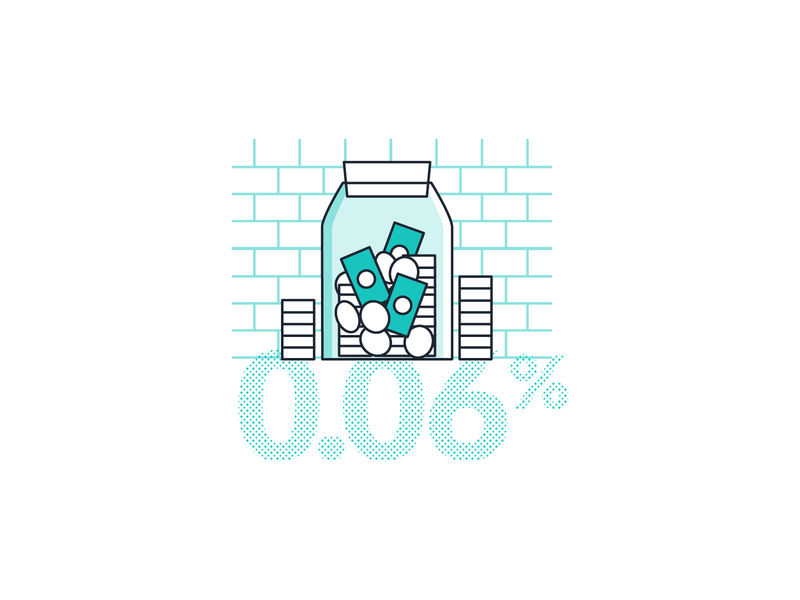Understanding The Difference: Guaranty Contract Bonds Vs. Insurance Policy
Understanding The Difference: Guaranty Contract Bonds Vs. Insurance Policy
Blog Article
Write-Up By- Recommended Web site
Have you ever before wondered about the differences between surety contract bonds and insurance? It's an usual concern, and one that can have substantial ramifications for businesses and individuals alike. Comprehending these differences is important for making notified choices about the type of coverage you need.
So, let's discover the vital interpretations and concepts, the kinds of insurance coverage offered, and the application and authorization process for both guaranty contract bonds and insurance coverage. By the end, you'll have a clearer understanding of these 2 distinct types of security and be far better furnished to navigate the world of risk management.
Secret Meanings and Concepts
To comprehend the differences in between surety contract bonds and insurance, it's necessary to grasp vital interpretations and concepts.
Surety contract bonds are a three-party arrangement where the surety guarantees the performance of a legal responsibility by the principal to the obligee. The principal is the party that acquires the bond, the obligee is the event that requires the bond, and the surety is the party that assures the performance.
Insurance, on the other hand, is a two-party agreement where the insurance provider agrees to make up the guaranteed for specified losses or damages for the settlement of premiums.
Unlike insurance coverage, guaranty agreement bonds do not give financial defense to the principal. Rather, they provide guarantee to the obligee that the principal will fulfill their legal obligations.
Types of Protection Offered
Now let's explore the different kinds of coverage supplied in surety contract bonds and insurance.
When it pertains to surety contract bonds, there are two main types of insurance coverage to consider:
- ** Performance Bonds **: These bonds provide financial protection to the task proprietor in case the specialist falls short to finish the project as agreed upon. If the contractor defaults or fails to fulfill the terms of the agreement, the efficiency bond ensures that the project owner is compensated for any kind of financial losses sustained.
- ** Repayment Bonds **: Settlement bonds are made to secure subcontractors and vendors. They assure that the specialist will pay all expenses and expenditures associated with the task, guaranteeing that subcontractors and suppliers aren't left unpaid.
On the other hand, insurance normally supplies coverage in the form of plans for numerous dangers, such as property damages, responsibility, or injury. Insurance plan supply economic security in the event of unforeseen mishaps or losses.
Application and Approval Process
Once you have selected the kind of insurance coverage you need, the following step is to understand the application and approval process for obtaining guaranty contract bonds or insurance policy.
For surety agreement bonds, the process commonly entails submitting an application to a guaranty firm in addition to pertinent economic documents and job information. The guaranty firm will evaluate your monetary toughness, experience, and credibility to determine if you're eligible for bond insurance coverage. This procedure can take a couple of weeks, depending upon the complexity of the project and the surety company's workload.
On the other hand, acquiring insurance policy generally includes filling out an application form and offering basic details concerning your business. The insurer will examine the risk connected with your service and offer a quote based upon that evaluation. The approval procedure for insurance policy is usually quicker compared to surety agreement bonds.
Verdict
So, now you recognize the difference between guaranty agreement bonds and insurance policy.
While insurance policy is like a safety net, guaranty agreement bonds provide a warranty and build count on between celebrations.
Recognizing these differences is critical in making notified decisions for your organization.
Remember, it's always much better to have your bases covered and not be caught unsuspecting.
Nevertheless, as the claiming goes, 'better safe than sorry!'
